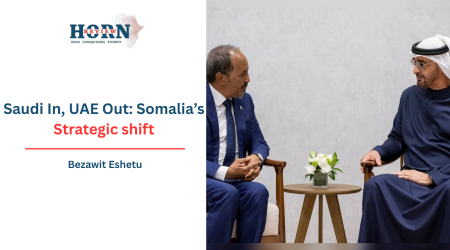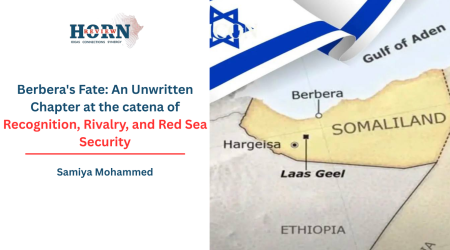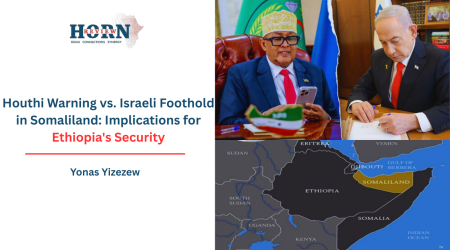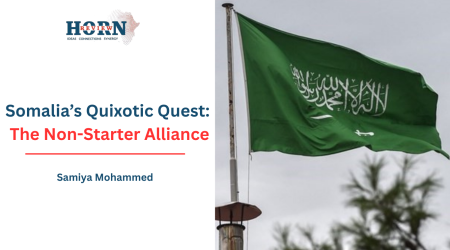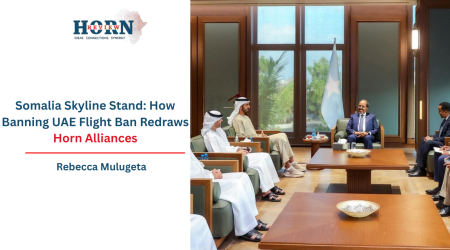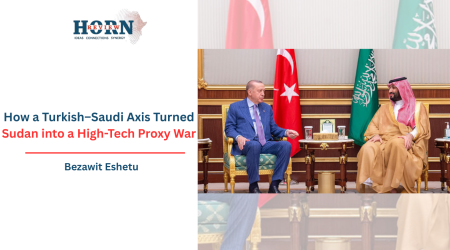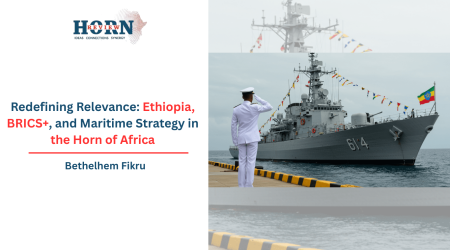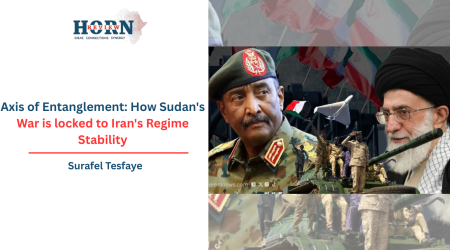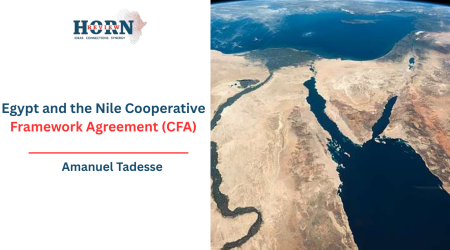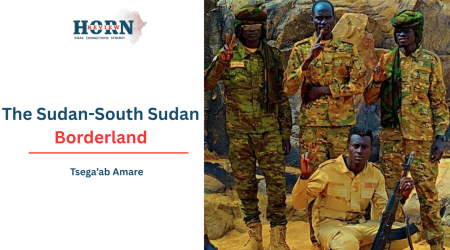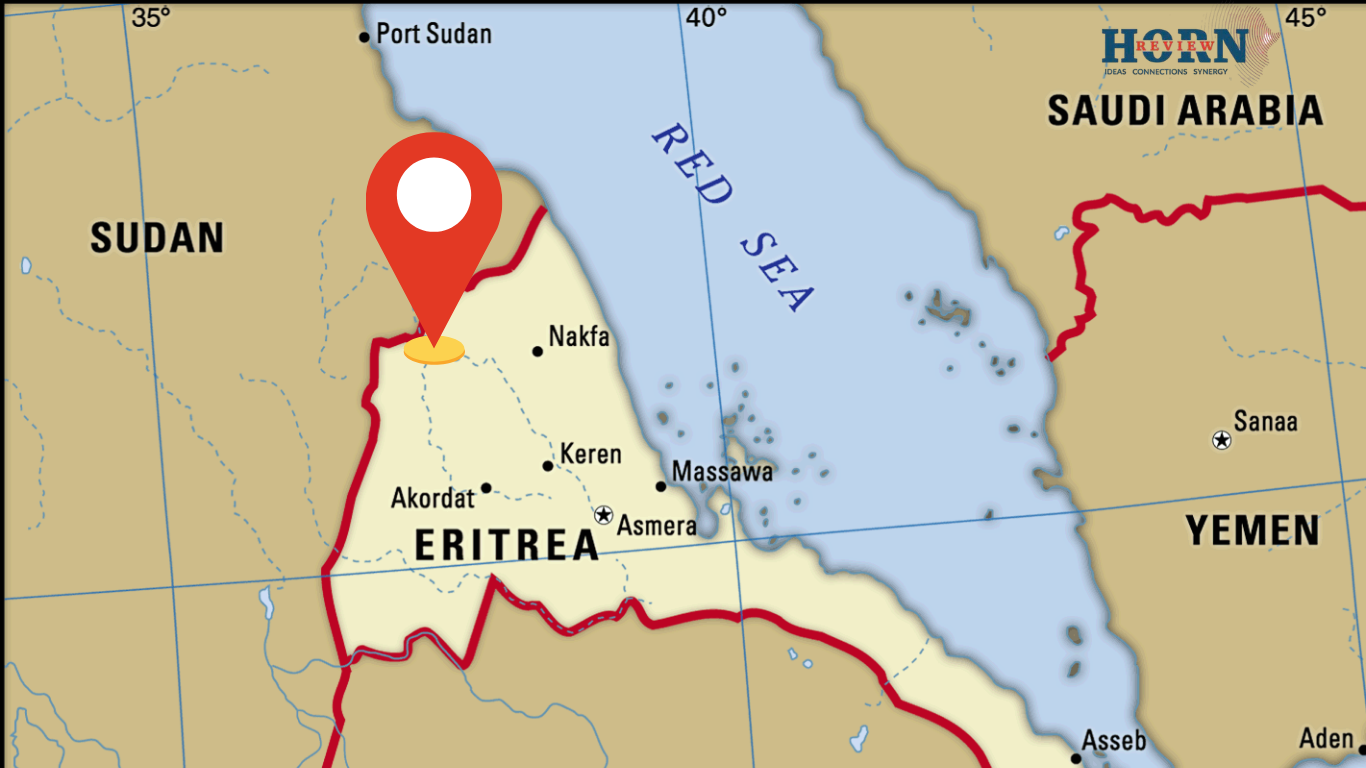
5
Jun
Eritrea’s Lethal Evolution: The Calculated Chaos Driving Sudan’s Regional Turmoil
Why Sudan’s Conflict is No Longer Just Sudan’s
What began as a power struggle in Khartoum has evolved into a regional crisis with implications far beyond Sudan’s borders. At the center of this complex escalation is Eritrea – a nation that has long engaged in leveraging regional dynamics to secure its own interests. The recent drone strikes by Sudan’s Rapid Support Forces (RSF) on Port Sudan and Kassala – a city situated near Eritrea’s border – are not simply new developments in warfare. They represent a significant challenge to Eritrea’s long standing approach to regional stability, one that President Isaias Afwerki’s administration is unlikely to overlook.
Eritrea remains an unusual case in the contemporary world: a country operating under a highly centralized system, with governance deeply concentrated in the hands of one individual. Since independence in 1993, Isaias Afwerki has governed without a formal constitution or legislature, maintaining strict control over political expression and opposition. This unique model reflects a broader strategy centered on maintaining regime stability through carefully calibrated regional engagement.
This internal governance approach is reflected in Eritrea’s external policy, which has often involved active involvement in neighboring conflicts. From Somalia to Ethiopia, Eritrea has played a notable role in influencing regional dynamics, at times contributing to the persistence of tensions. The ongoing Sudanese civil war represents the latest arena in which Eritrea’s influence is evident – though the introduction of drone warfare marks a shift in the conflict’s nature.
Eritrea’s alignment with General al-Burhan’s Sudanese Armed Forces should be understood as a pragmatic decision rather than ideological solidarity. Asmara’s priority is to avoid a fractured Sudan that might provide a safe haven for Eritrean opposition groups. By supporting Burhan’s authority, Eritrea aims to maintain stability along Sudan’s eastern border, ensuring it remains a buffer zone rather than a source of insecurity.
However, the RSF’s recent drone attacks have complicated this calculation. The strike on Kassala’s airport, only 25 kilometers from Eritrea’s border, sends a clear signal that the area is no longer immune from conflict-related risks.
For a government that has historically regarded its borders as highly sensitive, this development is a significant concern. If the RSF can operate this close to Eritrean territory, the question arises as to whether opposition groups might similarly exploit such proximity to challenge Asmara’s control.
Port Sudan represents a critical juncture where Eritrea’s security concerns intersect with its broader regional ambitions. With Burhan’s government effectively based along the coast, Eritrea’s naval presence in the area serves not only to support an ally but also to influence key maritime routes in the Red Sea. The RSF’s use of drone technology exposes vulnerabilities in this arrangement, raising questions about Eritrea’s ability to maintain influence should Port Sudan’s control become contested.
Faced with these dynamics, Afwerki’s options are to either reinforce his engagement or consider withdrawal. Eritrea’s military, though constrained by its reliance on conscription, remains experienced and is already involved in eastern Sudan. A direct intervention is plausible if the RSF’s advances continue, but such a move carries inherent risks, potentially entangling Eritrea in a prolonged conflict.
The Horn of Africa is already under strain from drought, displacement, and competing proxy influences. While additional conflict is far from desirable, Eritrea’s current trajectory suggests a willingness to play an active role in Sudan’s unfolding crisis. The regime’s focus appears to be survival and disruption rather than ideological pursuits.
International responses to Eritrea’s involvement have historically been limited in effectiveness. With drones reducing the barriers of distance and access, the Sudanese conflict is increasingly difficult to contain. Should Eritrea escalate its role unchecked, the region could face heightened instability with wide-reaching consequences.
After three decades of navigating complex regional politics, Isaias Afwerki faces a conflict that may test even his long standing approach. The key question is not if Eritrea will respond, but how it will do so – and what the broader implications will be for the Horn of Africa as it contends with yet another deeply challenging crisis.
By Samiya Mohammed,Researcher,Horn Review

